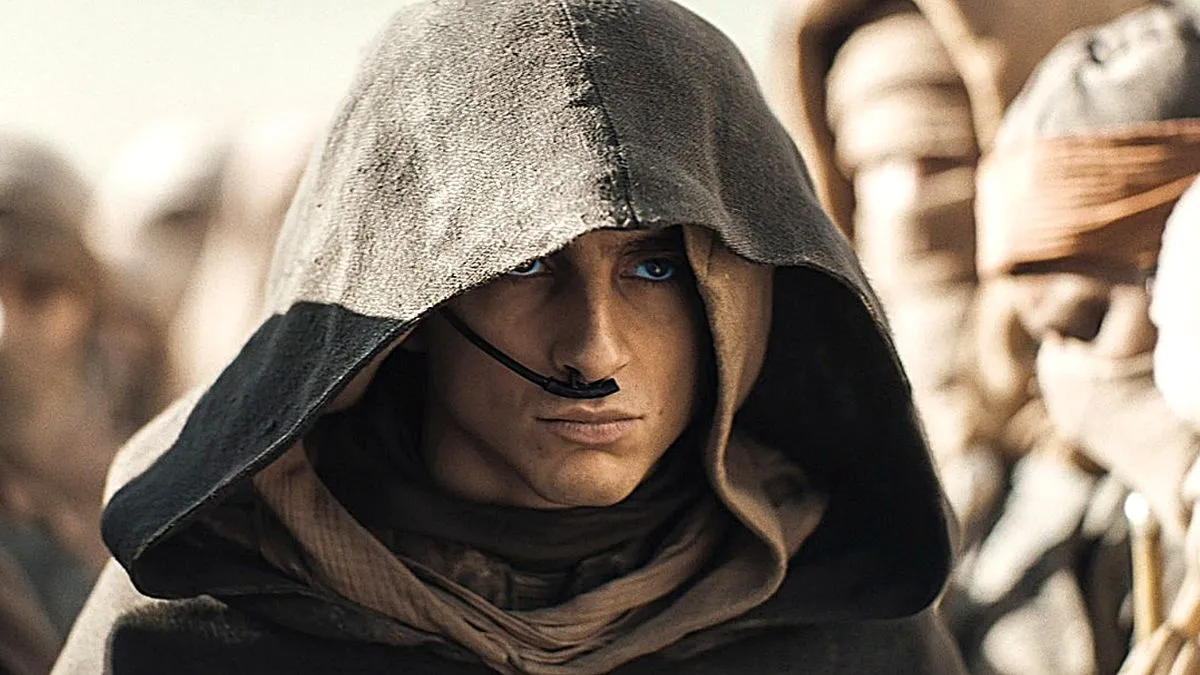Warning: The following article contains spoilers for Dune: Part Two and Frank Herbert’s Dune novels.
The first part of Denis Villeneuve’s Dune may have introduced Paul Atreides to audiences as the story’s ultimate protagonist, and the Fremen’s prophesied messiah and hero, but there’s always more to the story of “the chosen one” than meets the eye.
In Dune: Part One, the Padishah Emperor tasks House Atreides to take control over Arrakis and its production of spice, which is the main component in interstellar travel, and the means by which the whole of humanity functions as a galactic species. In secret, the Emperor has plotted to destroy House Atreides through their old rival House Harkonnen, which is precisely what happens in the movie.
By the end, Paul Atreides, the prophesied messiah of the desert people, and a man haunted by visions of humanity’s future, escapes the Arrakeen fortress with his mother and finds the Fremen. Dune: Part Two picks the story up from there, and revolves around Paul’s war against the Harkonnen and the Padishah Emperor.
You can read ahead if you want to know where this crusade will leave Paul, but be forewarned that the text includes heavy spoilers for Dune: Part Two and its ending.
Is Paul Atreides a villain in Dune?

To answer that question, you have to understand that Frank Herbert’s idea of morality doesn’t necessarily boil down to a simple good and evil worldview. Paul Atreides is a man destined for greatness, but with greatness also comes the burden of responsibility and the charge of making tough decisions.
By the end of Dune: Part Two, Paul has been waging war against the Harkonnen by relying on his Fremen troops and Fedaykin warriors. These are religious zealots who believe him to be their messiah, and Paul finds he has to lean on those ideological tenets to keep the Fremen loyal to him, even if he knows they’re false and incredibly misguided. Ultimately, Paul is forced to use House Atreides’ secret and forbidden stockpile of atomic warheads to destroy the Arrakeen fortress, which is a war crime by humanity’s reckoning after the Great Convention treaty.
Paul then ascends the throne as the new Padishah Emperor, but when the other Great Houses refuse to acknowledge his rule, he orders his Fremen army to “lead them to paradise,” instigating a new holy war that spreads across the galaxy, causing the deaths of dozens of billions of people. Paul, as we see him in the books, justifies this by claiming the alternatives he saw in his visions were much worse, but it’s ultimately up to the audience to determine whether his actions are understandable, let alone justifiable.










Published: Feb 29, 2024 04:48 pm